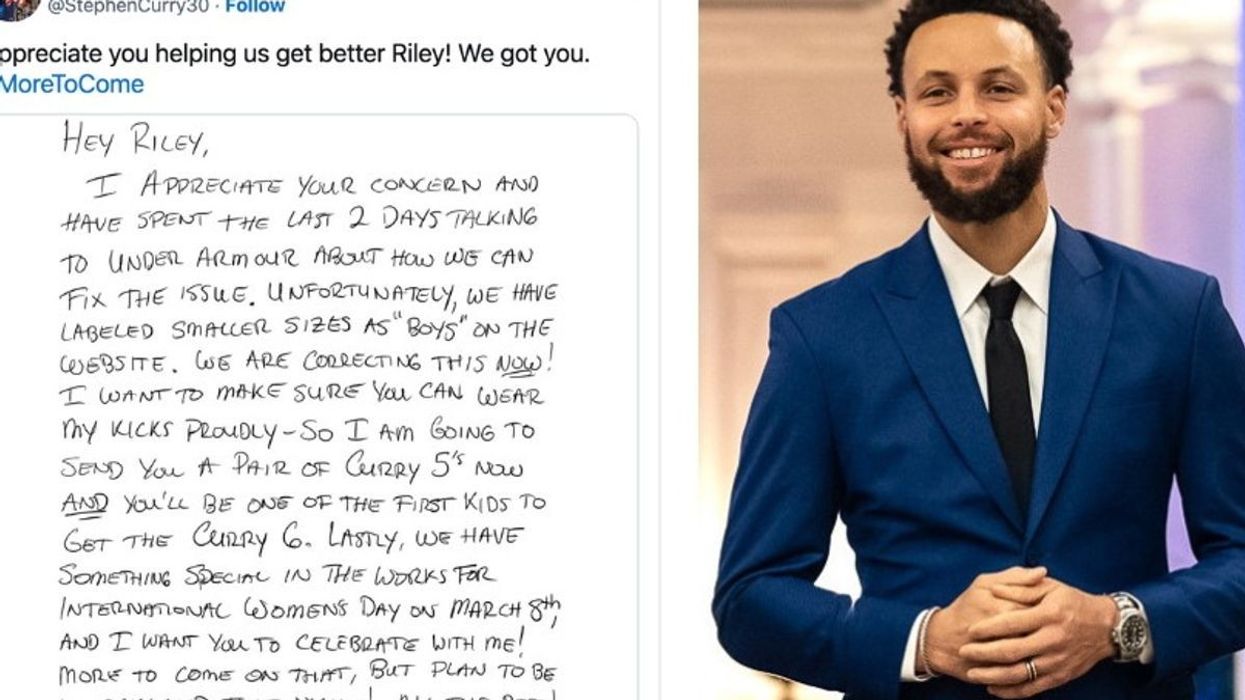Nikki Haley, one of the few female politicians who has weathered a sex scandal, denied the whole thing.
The New York Times and ABC contemplated the same question this weekend: Why don't female politicians get caught up in sex scandals? The Times found that women see their positions in politics differently than men. They’re more reluctant to seek public office in the first place, and when they get there, they’re less likely to screw it all up with adultery and sexting. An ABC panel focused on things like testosterone and ego, boiling the issue down to this quote from Rutgers University scholar Debbie Walsh: “Women run for office to do something, and men run for office to be somebody.”
These are all nicer ways of saying that sexism is responsible for female politicians’ good behavior. This isn’t a new idea. It’s been thrown around everywhere from university studies to feminist living rooms, in every career from journalism to investment banking: women (and any oppressed group) have to work twice as hard to get noticed and be successful, often for far less pay, recognition, and respect. It would follow that women in the male-dominated field of politics would be all too aware of the scrutiny that comes along with their position and feel less invincible while on the job.
Not only that, their decisions to enter politics are far more deliberate, so they are less likely to jeopardize their hard-won positions—or at least take more precautions so they don’t get caught. A study done by Psychological Science showed that women, especially powerful women, are just as likely to cheat as men. Which just means they're a lot better at keeping their private lives, well, private. Or sticking to their denials, like South Carolina governor Nikki Haley.
Still, there’s a key element that’s missing from this explanation: the enduring sexual double standard. ABC’s Christiane Amanpour asked, “If there were more women in power, would there be more women caught up in scandals?” Not until there's a dramatic change in our society's views about women's sexuality.
There are two sets of consequences for men and women who stray from their relationships, sleep around, or otherwise act out sexually. At best, male politicians get an eye roll, a chuckle, a “boys will be boys” dismissal. At worst, they get accused of being hypocrites (if they’ve been touting “family values”), sleazeballs, or in the case of Anthony Weiner, distractions from “real” business. And yes, sometimes they get impeached or ousted from office.
Female politicians who cheat are just as vulnerable to the latter set of consequences, but they’re also liable to get slapped with a whole other set of labels. “Slut” comes to mind. “Whore” is another. Their ability to be good mothers would also likely be called into question. Female politicians are already scrutinized in terms of their looks and sexiness (or lack thereof)—a sex scandal would send these judgments into overdrive. Chances are they wouldn't bounce back as easily as Bill Clinton or Eliot Spitzer, who are both doing pretty damn well for themselves these days.
People are shocked when women step outside of their prescribed roles, especially when it comes to sex. So not only do powerful women realize the precariousness of their positions, they probably realize that the fallout from these scandals would be far greater. Female politicians are less likely to cheat because they know it's much harder for them to bounce back.
photo (cc) by Flickr user maryaustinphoto













